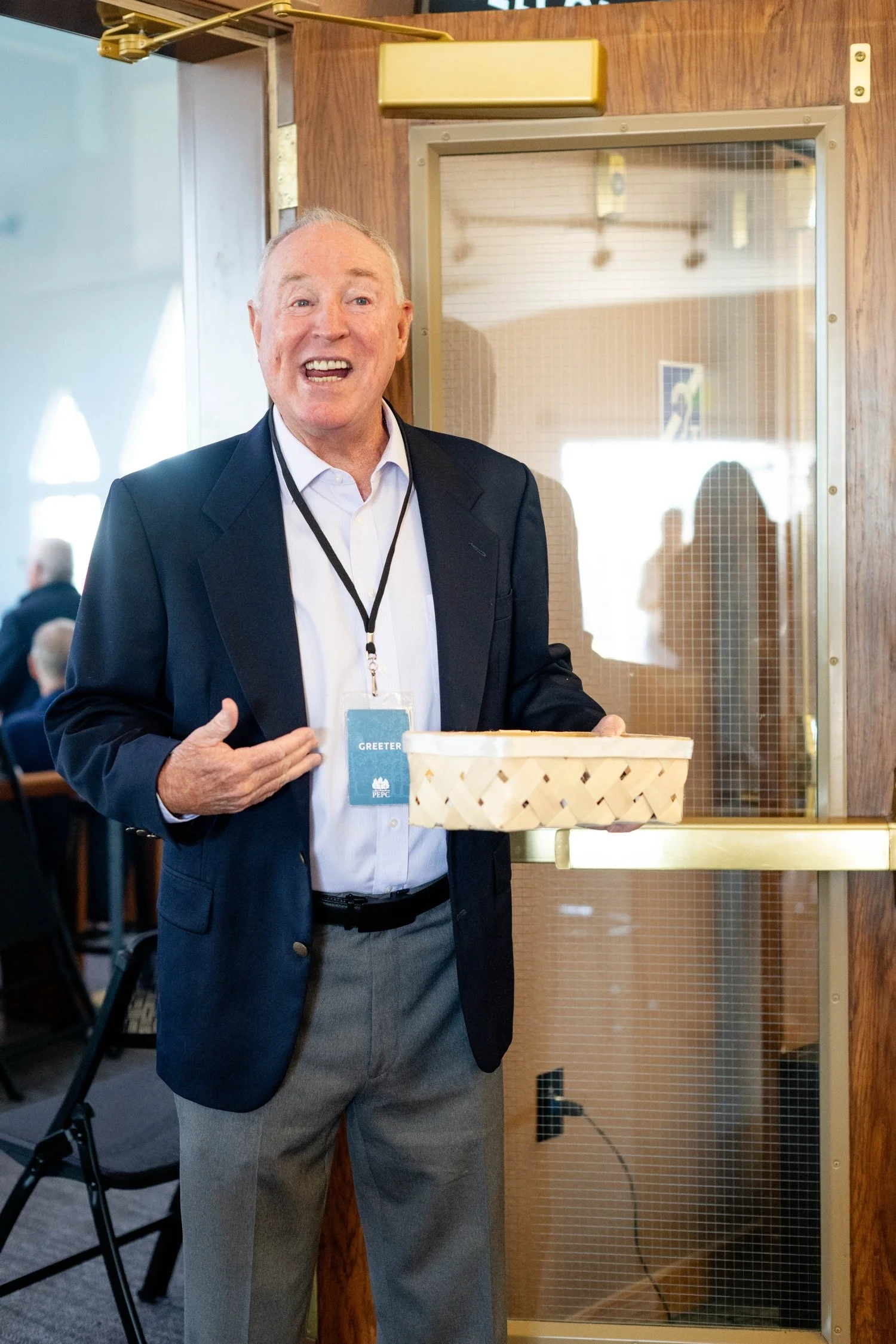Readings for today: Leviticus 21-23, Psalm 37
I still remember the first time I celebrated the Day of Atonement. I was with my grandmother in Beijing, China. She belonged to a religious group that made it a point to celebrate all the Jewish high holy days and festivals. Each year, they would host “feast sites” around the world where church members could go to celebrate the Feast of Tabernacles and the Day of Atonement. It was a day of self-denial. It was a day of prayer and fasting. It was a day when we basically engaged in little to no activity. I was twelve years old and I have to admit I found it very strange. I wasn’t sure I understood all the reasons why non-Jews would engage in Jewish religious practices. As I got older, I learned that my grandmother was part of a Christian cult who believed they had “replaced” Israel on some level. Not only that but they preyed on the elderly and widowed - my grandmother was both - and stole millions from the people who belonged to their “church.” It was a textbook case of spiritual abuse and my grandmother would eventually die, in part, from the guilt and shame of being part of it.
Though the views of the religious cult were abusive, manipulative, and highly destructive; they gave me my first introduction to God’s time. God’s time is not like our time. It is not time as it ticks away on a clock or watch. It is sacred time. It is heavenly time. It is time oriented around the first commandment which is to worship God alone. In the passage we read today, we are introduced to God’s time. He sets up the Sabbath. One day out of every seven in which we are to honor God with worship and rest. He sets up the annual feast days and festivals that will govern the life of Israel once they are in the Promised Land. These festivals center around the agricultural rhythms of the ancient near east. And they serve as a regular reminder to the people that it is God on whom they depend. He is the one who provides the rain and sunshine that allows their crops to grow and their herds to flourish. This is why they are to bring the firstfruits to the Lord. It’s an acknowledgement that God has the first claim on their lives.
As Christians, we believe the life, death, and resurrection of Jesus fulfills the true meaning of these ancient feasts. This is why we no longer celebrate them nor do we offer animal or grain sacrifices. However, that doesn’t mean we don’t hold to sacred time. Christmas, Easter, Advent, Lent, Pentecost, and Epiphany. These are the Christian feasts and festivals we honor and celebrate because they help us center our hearts around the life of Jesus. We continue to keep the Sabbath holy - though it is now held on the first day of the week because of the resurrection - for Jesus is worthy of all praise, honor, and glory. We continue to orient our lives around God’s time in order to remember all He has done for us. And we offer ourselves as living sacrifices now. Holy and pleasing to God as a spiritual act of worship. We’ve become the firstfruits of repentance and we acknowledge God holds the first claim over our lives.
Readings for tomorrow: Leviticus 24-25, Psalm 38




